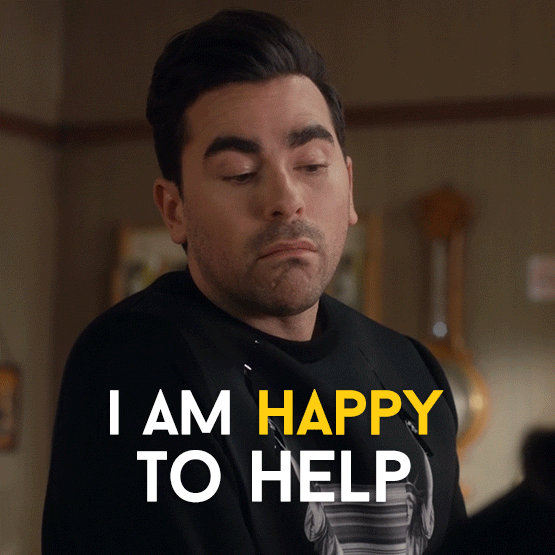Let’s get straight into the real stuff! The tips below are the things I would have done differently, if I could have.

Make a plan that you can stick to!
First, let’s get this deeply embedded into your brain- You will never feel like writing, and waiting for a “flow state” will not help! Make an everyday schedule even if that includes writing for 10 mins and stick with it. This will help you break down the big 30-page thesis into more achievable goals and meet your deadlines. When you first start going to the gym you don’t start by lifting 60 pounds right? (unless you never want to go gym again) Similarly, do not start the thesis with the more demanding and hard section first. Start your thesis by the easiest section- knock out few pages easily. For me, the easiest section was the literature review as I wasn’t actively researching or analyzing the data but just finding relevant work and understanding how it fits into my research paper. Starting with the easiest and quick-to-finish section will avoid writer’s block and will boost your confidence before you use the 60 pounds.

Seek help!!
I cannot stress this enough! You are not alone in this process. Your advisor is your number one resource for seeking advice about the data analysis and the content. Your professor is your second key resource. If you have Professor Baggetta, he is extremely supportive and has been through the process multiple times. So, even if you just want to talk to him about how annoying and frustrating writing is, he can relate. In addition, reach out to your classmates, they are undergoing the same thing and are probably stuck on the same problem as yours. You can also email me at sdewani@iu.edu. Don’t hesitate! Seeking help will not only make the process less painful and more fun but you might get another perspective on your problem.

Get over perfection
Your thesis is not going to be perfect! There will be aspects about it that will not shape out the way you want and some aspects that your peers will disagree with. But remember it is YOUR thesis. It is very important to listen to all feedback but in the end, it is up to you if you want to reflect that in your thesis or not. Your thesis represents who you are as a student, so it is important that you stand up for what you think is important instead of pleasing your readers and advisors. Before this thesis, you might not have done any academic writing and it will be frustrating if you expect your work to be perfect and flamboyant. You will have moments where you feel that your thesis is unmanageable, and you are unable to meet the deadlines but trust in yourself and keep realistic expectations!

WRITE. ANALYZE. READ. FIND.
Drill this order in your brain. You need to first write whatever information you already have. After you are done writing, you need to start analyzing your data and then write on the analysis. Then after you are done analyzing your data and finished writing on it you move on to reading the existing research/literature on your topic. Whatever you learn from the existing research you write it before moving on to the final stage. The last stage is to find – this basically means to look for more data or new topics that can be a part of your study. Following this pattern, every time will help you to keep on track with your writing and get the paper ready on time.


Break it into defined stages
It will be extremely difficult for you if you do not break your thesis into well-defined stages with deadlines for yourself! Every thesis has its unique pathway, and you need to understand and embrace it. In your initial phases with writing, you need to just get things on paper without worrying about your grammar, punctuation, word choice, or the quality of your work. You need to do a brain dump – this will help you get a clear direction and spark new creative ideas about your thesis. Polish your work during the proofreading stage towards the end. Break down your thesis into smaller bites that you can understand. Accomplishing one of these smaller bites should be your target/goal when you sit to write every day. You must also plan for your breaks. I always rewarded myself with a cup of matcha or hot chocolate after I accomplished my goal during my writing session. You can also go out for a walk or get your favorite coffee! Be nice and grateful about yourself and your ideas instead of beating yourself up about the quality of your work.

At the end of the day, you will be fine! You will overcome it all! I believe in you! Don’t stress because it never helps! Have lots of water and deep breathe! Honors members NEVER give up. We might need a coffee, a cry, or even a day in bed but we always come back stronger!


Sakshi Dewani is a senior at Indiana University studying Healthcare Management and Policy and a certificate course in Public Management. Originally from India, Sakshi is keen on understanding the differences in ways the COVID-19 pandemic has impacted the healthcare industry in different countries. She would like to give a special thanks to her advisor David Archer and Professor Baggetta both of the Indiana University O’Neill School for their invaluable advice, continuous support, and patience with this research.
Leave a Reply